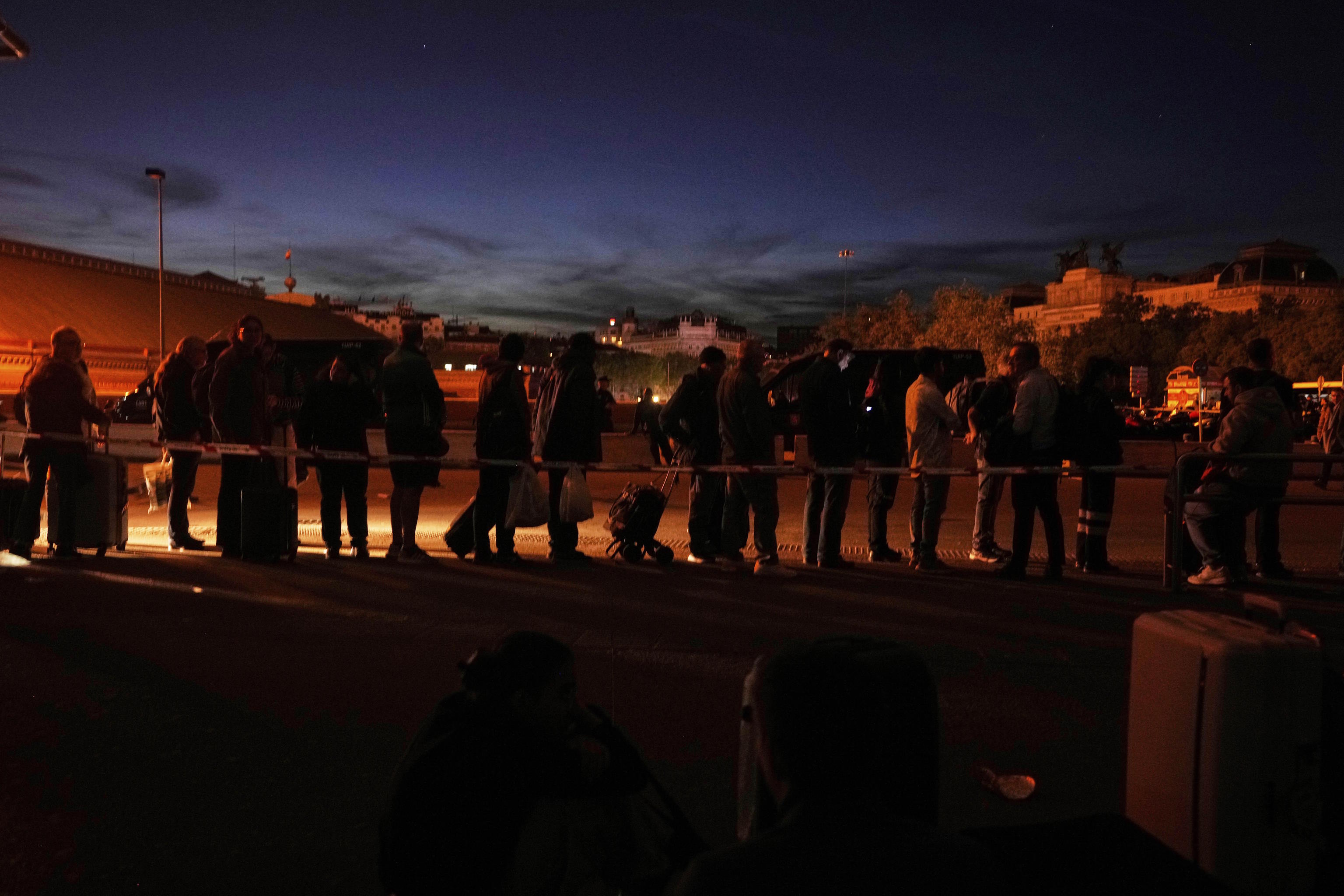The tone chosen by the Commissioner for Preparedness, Crisis Management, and Equality, Hadja Lahbib, for her presentation was criticized by many. Even the content of the strategy was questioned, and there were accusations of alarmism. Therefore, the European Commission has not hesitated to highlight its 72-hour survival kit this Tuesday, which includes items such as batteries and long-wave radios that were very useful and in high demand during the major blackout that Spain experienced.
"It is a great lesson for the kit. This type of crisis is exactly one of the scenarios we outline in our strategy," stated EU sources, who also pointed out that this preparedness should be tailored to the needs of each country. In other words, not only preparing citizens for a possible armed attack, but also providing them with the necessary tools for floods or a major power outage like yesterday's.
"The kit is not mandatory, obviously, it is just an idea. And each member state can decide whether to recommend the kit," continued officials from Brussels, while also pointing out that "being prepared is better than being caught off guard, and perhaps this was the case for some people in Spain and Portugal yesterday."
"Good news": no cyberattack
The Commission also noted that the fact that Red Eléctrica ruled out a cyberattack is "good news". This was something that was almost immediately dismissed in the EU capital, or at least it was pointed out that there was nothing to suggest that was the cause.
"For now, there is nothing to make us think it was sabotage," stated the Executive Vice-President for the Clean, Just, and Competitive Transition, Teresa Ribera, in her first media appearance. "There is nothing to suggest that there was any sabotage or cyberattack," she emphasized later, contrasting with the "no possibility is ruled out" statement from the Spanish Prime Minister, Pedro Sánchez.
Brussels, however, is still awaiting news from Spain to understand "the complete causes of the incident." "We will closely examine what the reasons were, how prepared we were, and what lessons we can learn from such an incident," added officials from the Commission, who also want to draw another lesson from the major blackout: the danger of misinformation.
Because there was a moment in the EU capital when a document circulated indicating that yes, the major blackout was due to a cyberattack. "We can see how far information manipulation can go and the negative impact it can have. There were reactions to that false article, believing that there was a deliberate attack behind it, which is obviously very bad and can have very serious consequences," stated the spokesperson for President Von der Leyen, Paula Pinho.
